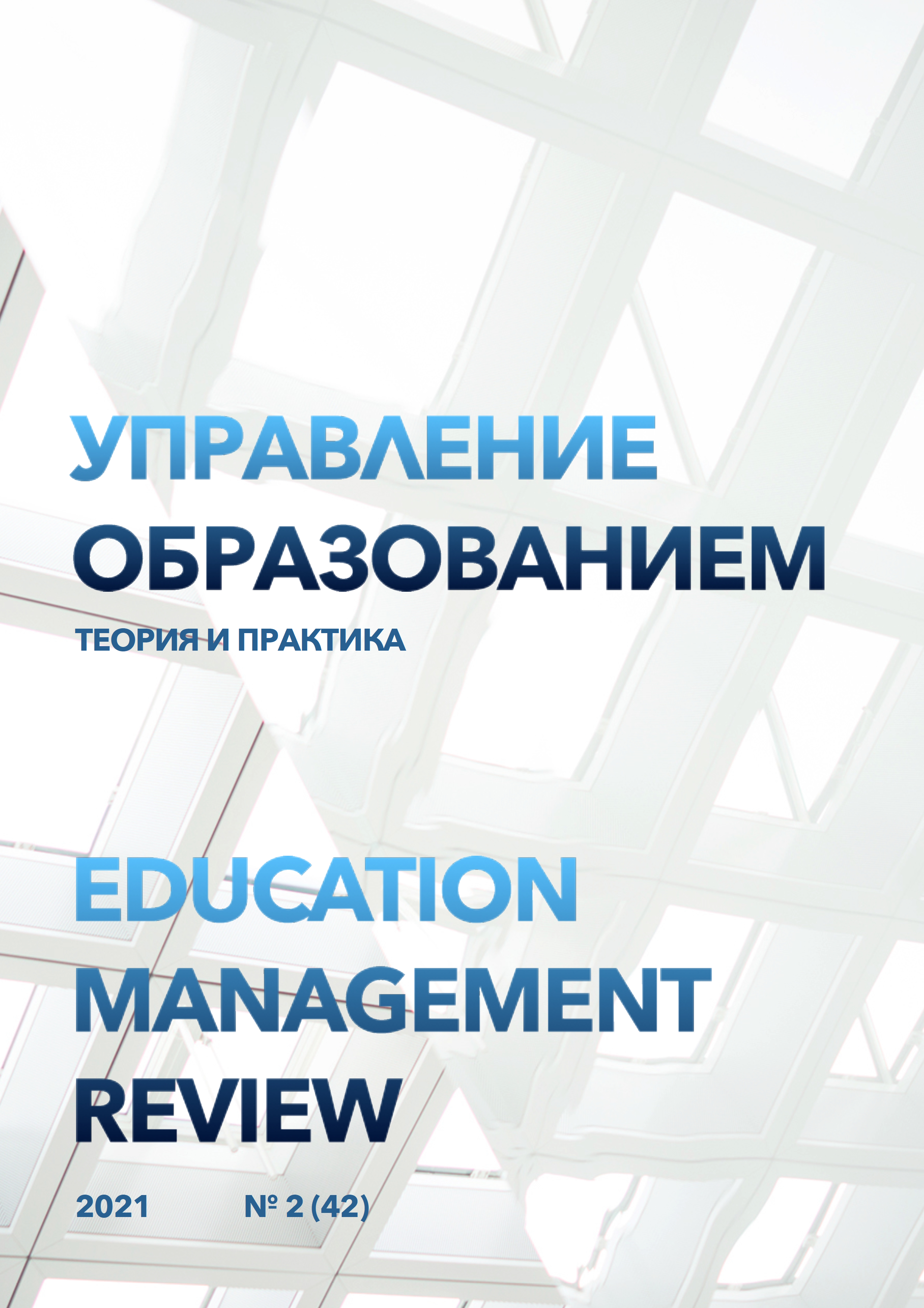Innovative management technologies in education
DOI:
https://doi.org/10.25726/j7572-5050-7483-rKeywords:
Innovation, education, technology, management, management.Abstract
Modern education is in the process of reform, in the plane of which, in our opinion, technological and innovative approaches to the management of an educational institution deserve special attention. The technological approach provides a set of methods, forms, and models of management that are aimed at achieving a certain goal, while management is carried out through the interaction of all participants in the educational process, as a result of which the overall result of activity is significantly improved and opportunities for the introduction of innovative management technologies are expanded. The innovative approach provides conditions for making systemic changes in the management of an educational institution, which are aimed at its development and improvement of work, contribute to the introduction of new content and forms of management activities at the level of the educational institution, improve the organizational and professional culture of the educational institution. This allows us to conduct psychological and pedagogical experimental studies of the content of the management process, technologies of training and education of students, the consequence of which is a significant increase in the effectiveness of the educational institution. The new state standards of education are based on the principles of personality-oriented learning, which involves the use of a humanistic approach in the management of an educational institution, which, under the influence of certain objective factors, makes it possible to analyze the social and personal needs of a person as a citizen, subject of educational and professional activities, to ensure the appropriate cooperation of the head and members of the teaching staff on the principle of partnership, to take into account the individual psychological characteristics of employees in the process of managerial interaction, to create conditions for personal development and the realization of their creative potential.
References
Ананькина Е.А., Данилочкин С.В., Данилочкина Н.Г. и др. Контроллинг как инструмент управления предприятием. Москва: Аудит, ЮНИТИ, 2001.
Дайле А. Практика контроллинга. Москва: Финансы и статистика, 2003.
Карминский А.М., Фалько С.Г, Жевага А.А., Иванова Н.Ю. Контроллинг. Москва: Финансы и статистика; ИНФРА-М, 2009.
Карминский А.М., Оленев Н.И., Примак А.Г., Фалько С.Г. Контроллинг в бизнесе. Методологические и практические основы построения контроллинга в организациях. Москва: Финансы и статистика, 2003.
Малышева Л.А. Управление организационными изменениями на основе контроллинга. Екатеринбург: Институт экономики УрО РАН, 2004.
Манн Р, Майер Э. Контроллинг для начинающих. Москва: Финансы и статистика, 2004.
Хан Д. Планирование и контроль: концепция контроллинга. Перевод с немецкого. Москва: Финансы и статистика, 2005.
Соловьева В.К. Построение организационных структур как фактор управления качеством образования в регионе. Автореферат диссертации ... кандидата педагогических наук. Тюмень, 2012.
Хуторской А. Ключевые компетенции как компонент личностно-ориентированной парадигмы образования // Народное образование. 2003. №2. С. 58-64.
Потемкин В.К. Социально-профессиональное самоопределение молодежи. Санкт-Петербург: Изд-во СПбГЭУ, 2020. 75 с.
Маргулян Я.А., Степанов С.А. Формирование организаторской компетентности как технология развития интеллектуального капитала // Научная мысль. 2016. № 1 (19).
Карандашев, В.Н. Методика Шварца для изучения ценностей личности: концепция и методическое руководство. СПб.: Речь, 2004. 70 с.
Кулеба О.М. Эмоциональна культура как компонент профессионально-педагогической культуры вузовского преподавателя // Теория и практика физической культуры. 2007. № 2. С. 57-59.
Кулеба О.М. Инновационный подход как основа проектирования основных профессиональных образовательных программ. В сборнике: Проектирование и реализация образовательных программ педагогической направленности: итоги проекта модернизации педагогического образования. Сб. материалов. М., 2018. С. 79-87.




